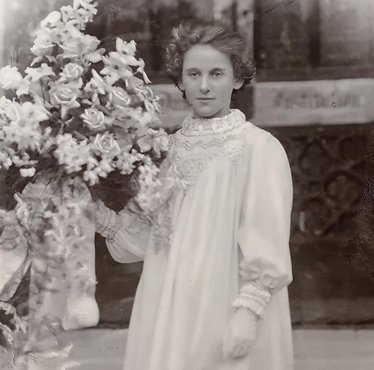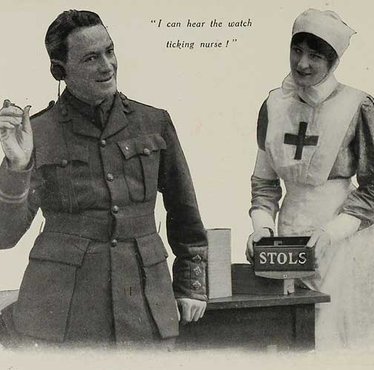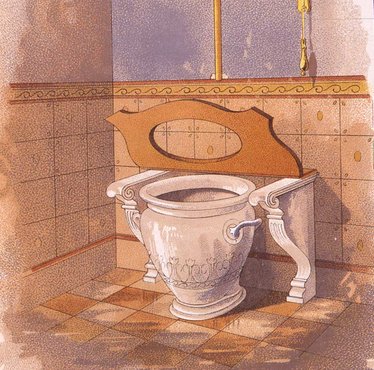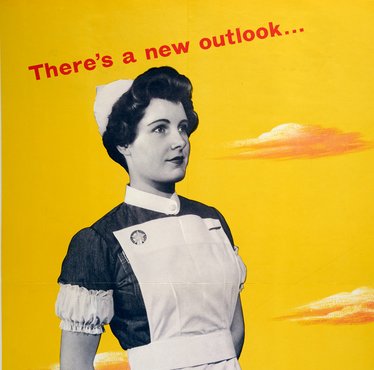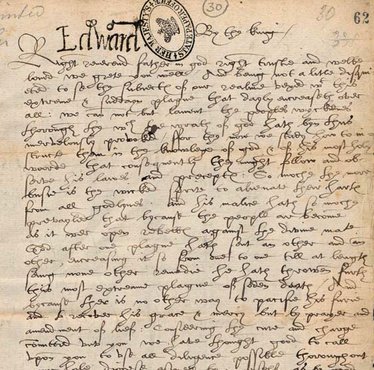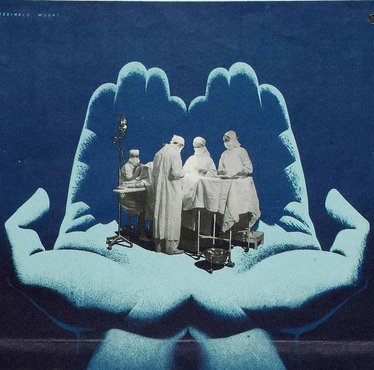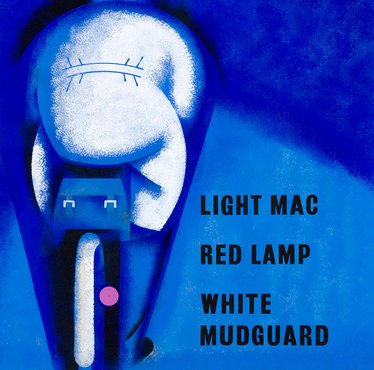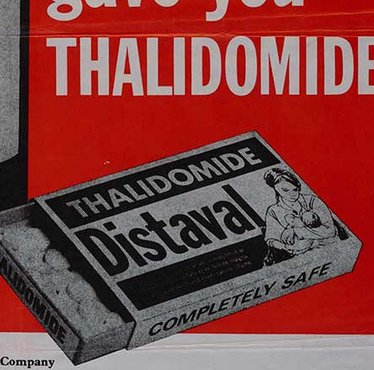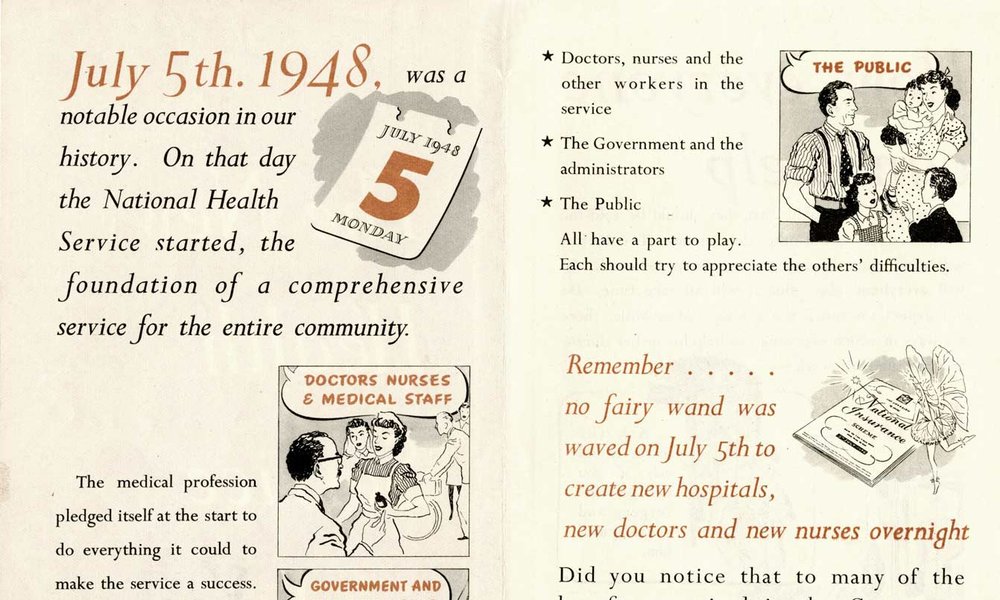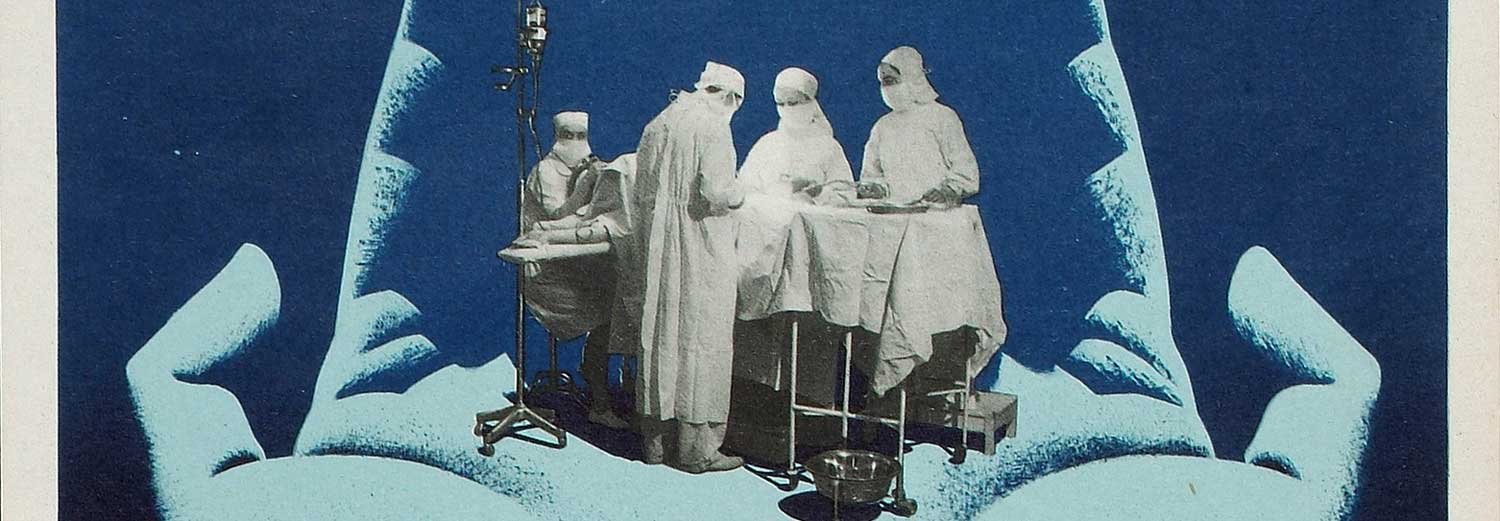
Health and welfare
From medieval plague-control measures to the foundation of the NHS, our records trace the state’s activities to keep its citizens healthy and safe. They can also reveal the activities of ordinary individuals and groups seeking help and agency over their own wellbeing.
-
Battling ‘General Malaria’ on the Macedonian front, 1915–1919
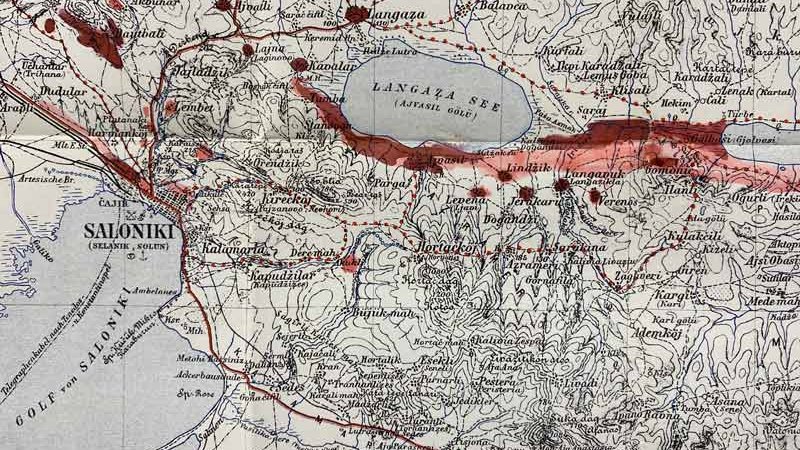
Medical case sheets from the 28th General Hospital, Salonika, reveal an especially deadly peril on the front lines: malaria. How was it fought?
-
Sir Ludwig Guttmann and the birth of the Paralympic Games
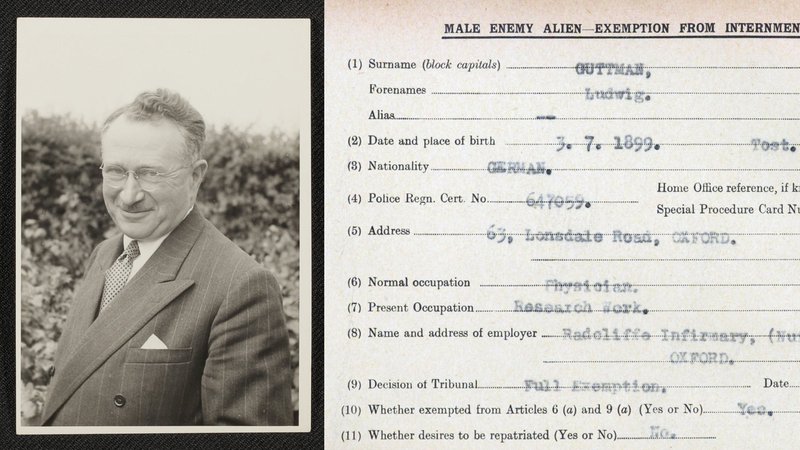
In the summer of 1948, neurologist Ludwig Guttmann set up a sporting competition between patients. It was the birth of the Paralympic Games.
-
A misleading Victorian medical device
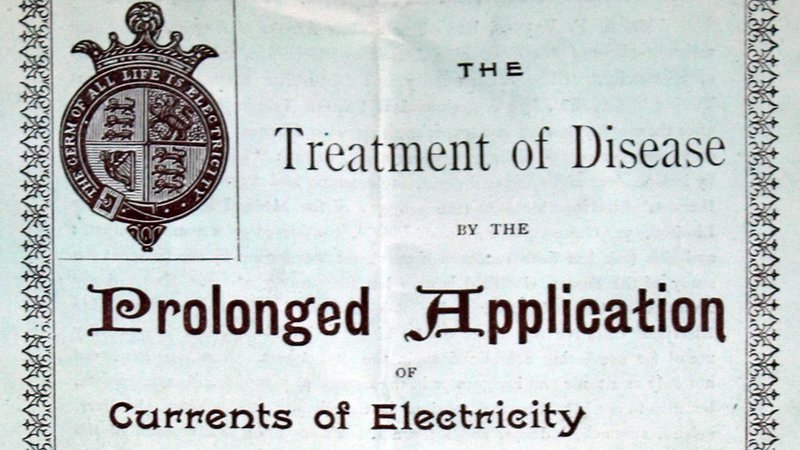
Unexpectedly surviving among some court papers, this medical belt was one of a number of Victorian devices that claimed to use the power of electricity to cure.
-
Sophia Jex-Blake, pioneer of women's medicine
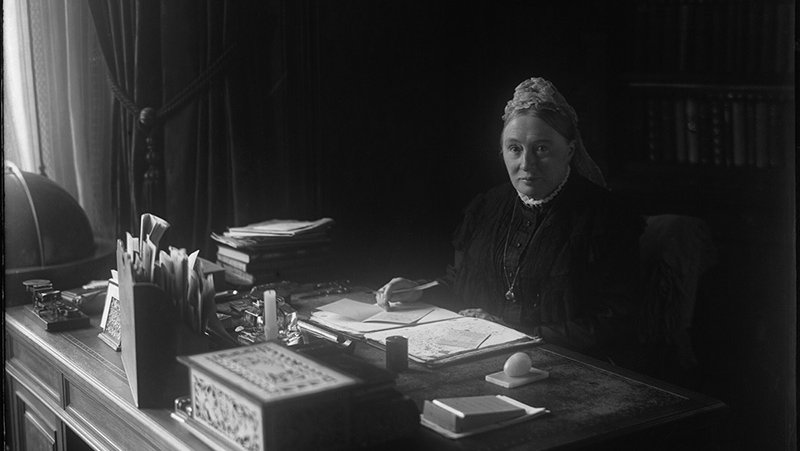
Sophia Jex-Blake (1840–1912) was a physician and campaigner who fought for women’s access to university education.
-
An Elizabethan widow's will
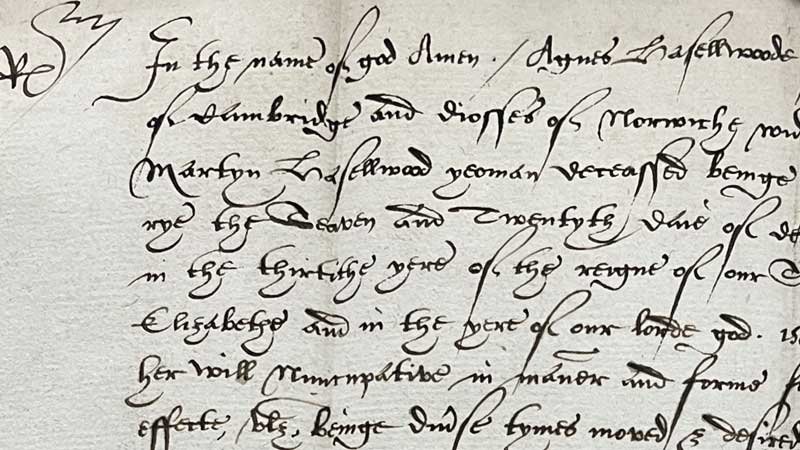
This ordinary will from 1587 gives us a glimpse of an Elizabethan woman’s concerns on her deathbed.
-
The 1888 matchgirls' strike
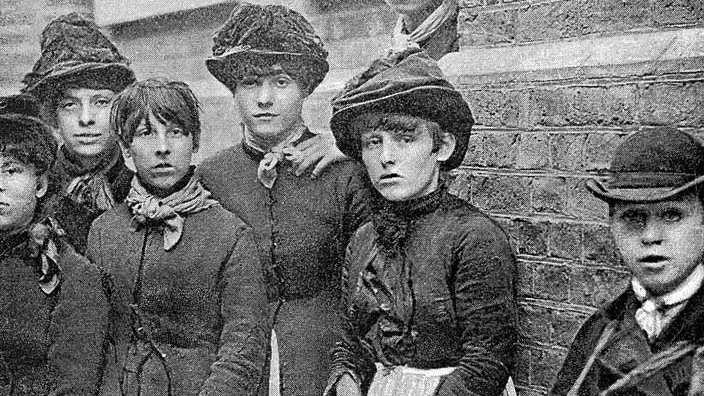
In 1888, the women and girls employed by Bryant & May in the East End of London went out on strike. Why did these workers feel so driven to remove their labour?
-
How the first women's refuge enacted change in the UK
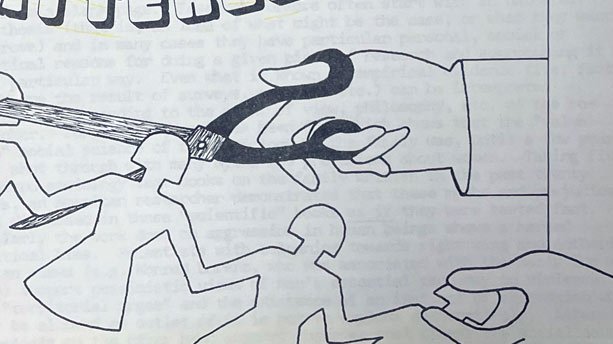
The founding years of Chiswick Women’s Aid saw the opening of the world's first women's refuge, disputes with local government, and creating change in the UK.
-
‘Not acceptable’: Gay Switchboard’s attempts to become a charity

LGBT+ Switchboard is one of the oldest telephone helplines supporting queer communities in the UK. Its journey to register as a charity was not easy.
-
A medieval cold and flu remedy

Stale ale, ground nutmeg and mustard seeds – would you try these medieval cures for headaches and congestion? They give surprising insights into global trade.
-
Printed circular produced by the National League of the Blind

In 1920, hundreds of members of the National League of the Blind (NLB) marched 200 miles to campaign for support. This printed circular explains what happened.
